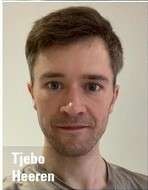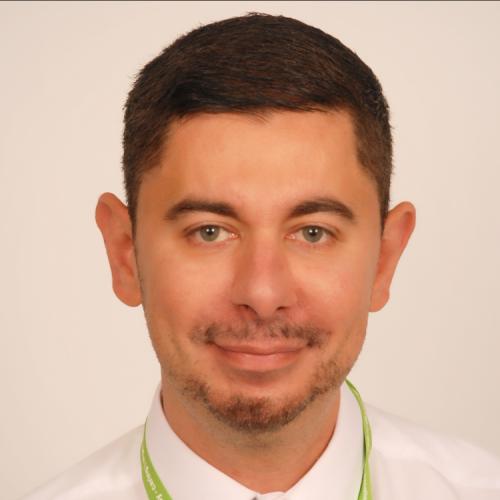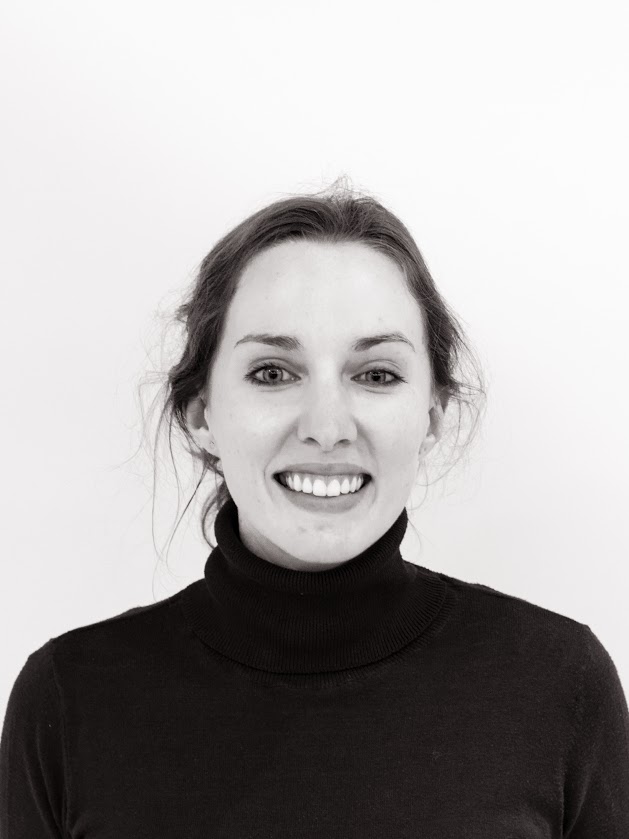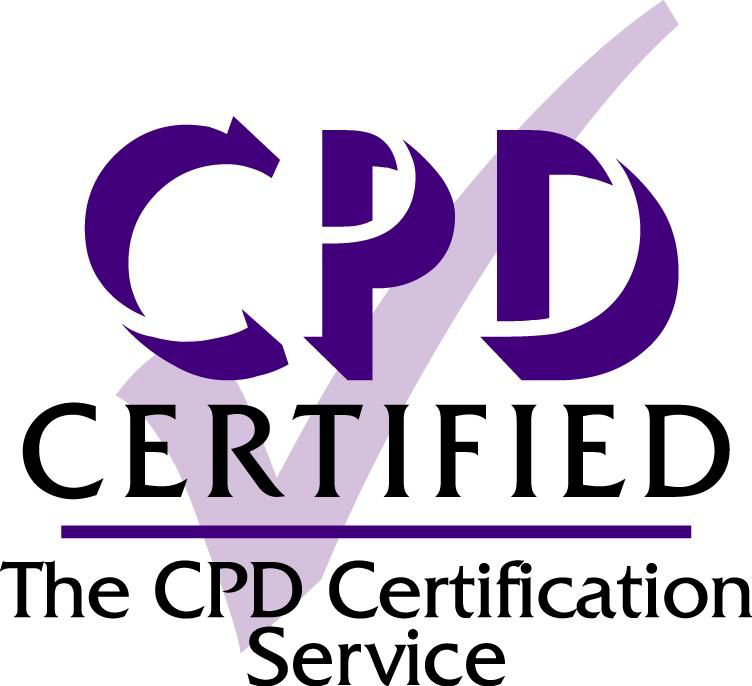
Data science for clinicians: Intensive course in R
This course has been created to build on the learning gained in our introductory course ‘An introduction to data science for clinicians’. The course will provide intensive training on R, the most extensively used coding language for data science.
Course overview
Clinicians are confronted with data every day but often do not have the means or understanding of handling this data correctly. Our introductory course provides delegates with hands on learning experience using tools and knowledge to make correct decisions in handling data, which will result in better quality of clinical research.
This second course is aimed at for those wishing to further develop their skills on completion of the introductory course. It will also be of interest to anyone who already has an understanding of data science but wishes to develop their knowledge of R.
Additional benefits from attending this course will include achieving independence in the use of the most powerful tool for data science which is the foundation for meaningful research involving data and artificial intelligence.
You can hear more about this course and also the introductory course by watching the short video below:
Course structure
This is an online course which includes an estimated 16 hours of self-paced learning with a live live evening Q&A session with the contributors to conclude. The course sections are detailed below. The Q&A session will be repeated on different dates throughout the year as people complete the course. The next date is not yet confirmed. Once you have purchased this course you will be enrolled manually and receive instructions explaining how to access it.
The course sections are as follows:
Introduction to R-
What are functions, objects, and packages?
-
Basic syntax
-
Subsetting
-
Opening excel files in R
-
Loading and saving data
-
Good coding practice.
-
Setting up a project in R Studio
-
Creating and running scripts.
-
Common data manipulations
-
Data aggregation
-
Joining tables (data frames)
-
Regular expressions
-
Filter and select
-
Reduce repetitive work with functions
Data visualization
-
Exploring data visually
-
Creating figures for publication (ggplot2)
-
Creating tables for publication
Who should apply
This course is intended for junior doctors and allied health professionals (including nurses, optometrists, health technicians) who work clinically and are keen to learn how to use data for academic work, particularly involving Big Data and Artificial Intelligence. It is also suitable for researchers and students undertaking scientific & medical research.
Attendees should have attended our course ‘Data Science for clinicians: introduction to coding and data visualisation’ or be confident that they have a solid understanding of the fundamentals of data science.
CPD certification
CPD points and a certificate of attendance will be awarded at the end of the course.
The content of this course has been certified by The CPD Certification Service as conforming to continuing professional development principles. The course carries 16 CPD hours.
Requirement
In order to access the programme online, you will need access to a computer (laptop or desktop) with a webcam and microphone for the Q&A session.
Participants should have downloaded and installed the latest version of R (https://cloud.r-project.org/) and RStudio (https://www.rstudio.com/products/rstudio/download/) - choose the free desktop version.
Course fees
Please see the course fees section of this page for details of the discount available if this course is purchased together with the introductory course.
Enrolment
This course is hosted on UCLeXtend, UCL's learning platform for professional education. This platform is not linked to the Moorfields Education website and so enrolment for this course is carried out manually rather than being automatic upon purchase. There may therefore be a delay between the time of your purchase and the receipt of login details for the course.
Book Now
| Date | Location | Time | Seats | Price | |
| Course available to start any time | Online | A link to access the course will be emailed | £350.00 |
Course fees
Taught by

Tjebo Heeren
Tjebo F.C. Heeren is an Ophthalmic Surgeon at Moorfields Eye Hospital, London, UK. He was born and raised in Germany, where he also trained. His formal postgraduate studies at University College London started in 2017 and will soon finish in 2021. He has published more than 80 peer-reviewed articles, the majority of which was about a condition of the human eye, macular telangiectasia type 2. Tjebo has a developed an avid interest in data analysis and visualisation. He learned coding in R during the postgraduate studies, mainly self-taught. Tjebo is a keen teacher and enjoys sharing knowledge. As such, he is an active member in the online community stackoverflow.com, which is a platform for people with questions about coding. Tjebo speaks eight languages in varying degrees of fluency, and is a dedicated amateur musician, playing the violin and viola, in several orchestras and chamber music groups. He also is a keen road cyclist, although it is not always easy to find the way out of London’s streets.

Konstantinos Balaskas
Consultant Ophthalmologist and Director of the Moorfields Ophthalmic Reading Centre (since November 2017): Since taking up the role of Director of the Moorfields Reading centre, I have been working to establish the Reading Centre as a pioneer in the Big Data and Artificial Intelligence ecosystem through academic and commercial collaborations, including with Google DeepMind. Novel, efficient methods of image grading are being developed through the AI pipeline allowing faster turn-around and enabling exploratory projects on novel biomarkers of response to treatment for retinal disease. Service Delivery Research and Implementation Science: I have a keen interest in new ways of delivering care in Ophthalmology, including with tele-medicine, ‘virtual’ clinics and Artificial Intelligence. I have led two national research projects in the UK funded by the National Institute of Health Research looking at novel care models for Ophthalmology patients, exploring the role of modern imaging and digital technologies. I am developing the role of the Reading Centre as a tele-ophthalmology hub in the context of novel models of care, including ‘virtual clinics’, AI and home-monitoring. Principal Investigator for Clinical Trials: I have received national recognition as one of the Best Principal Investigators for Clinical Trials in the UK for three consecutive years. This has equipped me with in-depth understanding of the challenges of research governance and clinical trial set-up and monitoring. I am bringing this knowledge and expertise into my current role as Director of the Moorfields Reading Centre.

Zuzanna Bien
Zuzie completed a degree in Experimental Psychology before going on study Medicine. She is currently working as an Academic Foundation doctor in one of the biggest East London A&E departments. To beat the pandemic blues, she taught herself how to code and discovered her new passion. Big enthusiast of yoga, thrift shopping, and beautiful graphs.




